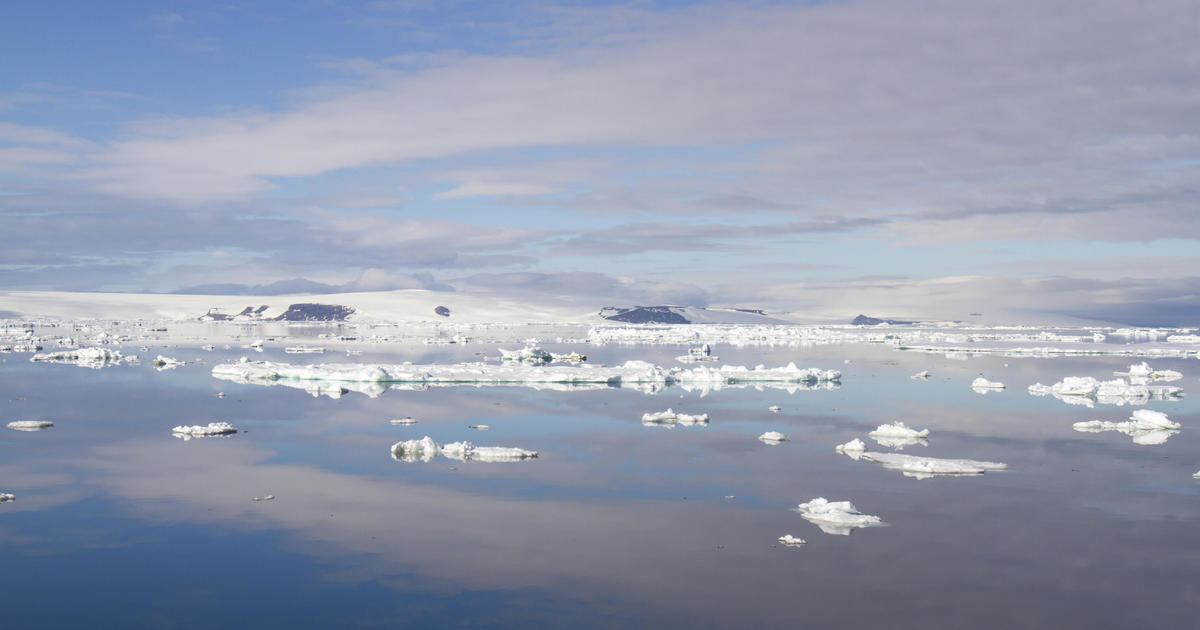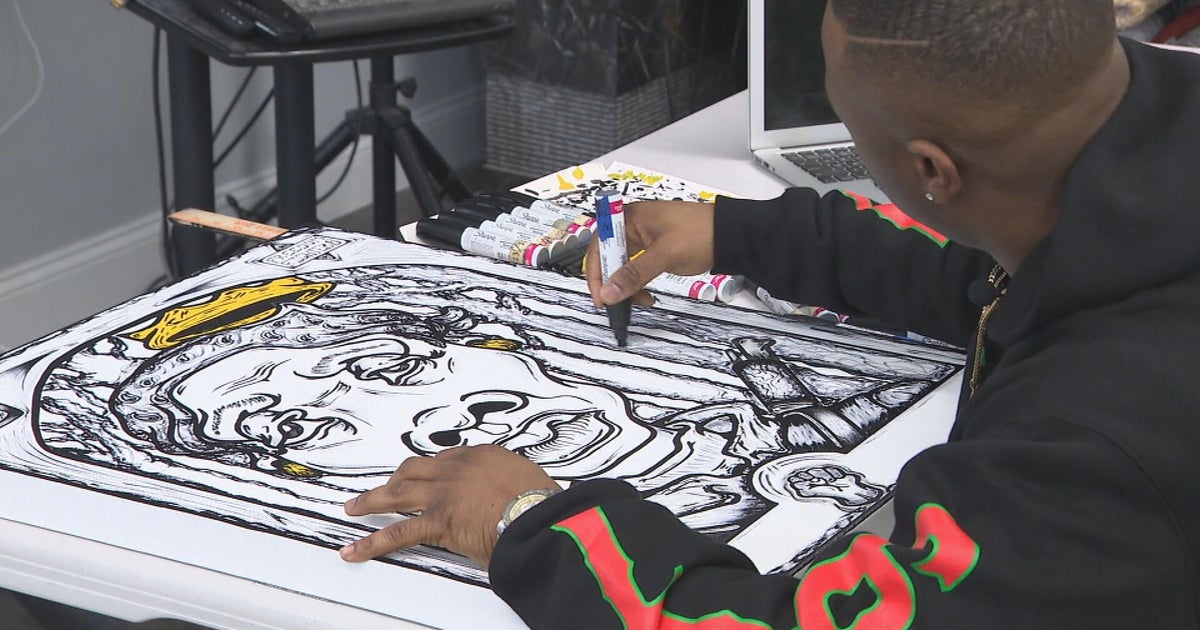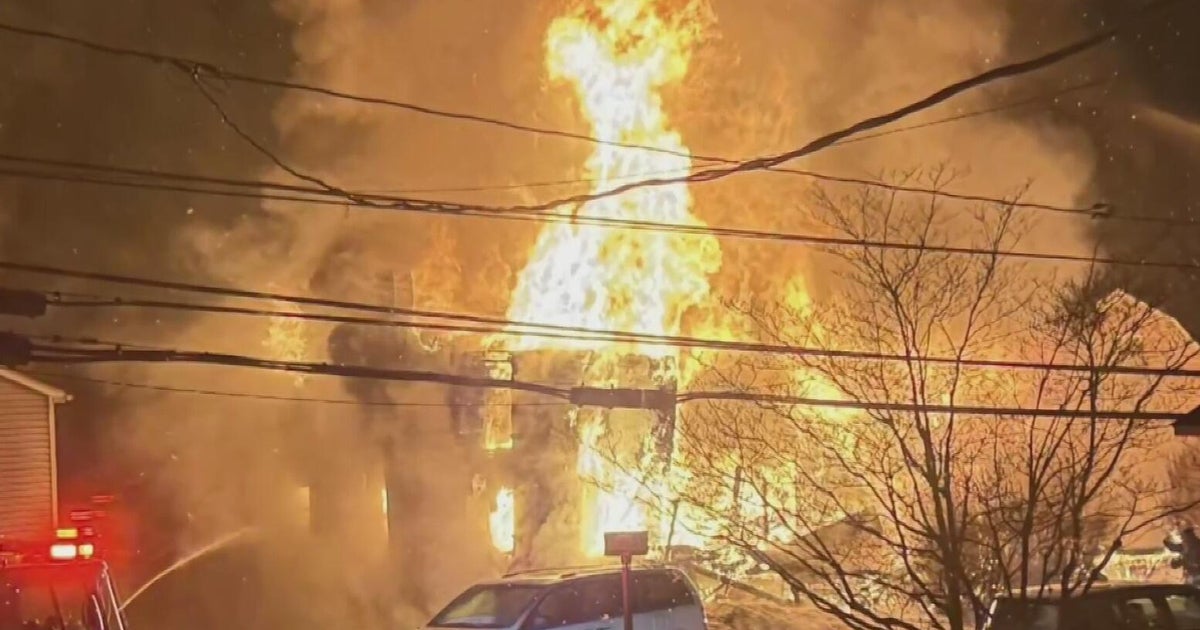Meet The Young Minnesotans Taking Aim At Climate Change
GRAND RAPIDS, Minn. (WCCO) -- Scientists say the time to act is now to avoid catastrophic climate change.
A new United Nations report from the world's top climate experts say global greenhouse gas emissions must start to drop.
The technology to pull this off exists, but scientists say it will take policy changes from governments.
Many people in younger generations have taken the lead on spurring climate action.
Adam and Paige Jacobson, siblings from Grand Rapids, are passionate about the health of the environment and won several awards for their climate-related projects at last month's Minnesota State Science Fair.
Paige is in 10th grade. Adam will join her in high school next year.
"Sometimes I feel like people don't take me as seriously as they would if I were an adult, but I really try my best to sound professional and to really help the world be a better place," Adam said.
Paige wants to be a climatologist when she gets older. Her science fair project studied infrared radiation heating the earth.
Adam looked at hydrogen as a fuel source for cars, which he says can be accomplished right here in Minnesota, reducing our dependency on fossil fuels. He wants to be an environmental scientist.
"We are so worried about our environment and making sure that we have a healthy and wonderful place to live for not just ourselves or our parents or grandparents, but for our kids and our grandkids," Paige said.
Young people are leading through more formal organization, too. Minnesota high school activists meet weekly to discuss raising awareness and solutions.
"We need people in power to take action," said Sophia Curran-Moore, a Youth Environmental Activist at St. Louis Park High School. "People that work in the government and people that have power are especially responsible for taking care of others."
Sarah Goodspeed oversees the Youth Environmental Activists like Curran-Moore for the organization, Climate Generation.
"It's really the young voices who are pushing us to make the changes that are absolutely necessary to protect their futures," Goodspeed said.
Paige Jacobson says planting gardens can slow the heating of the earth because plants absorb and use infrared radiation instead of reflecting it.








